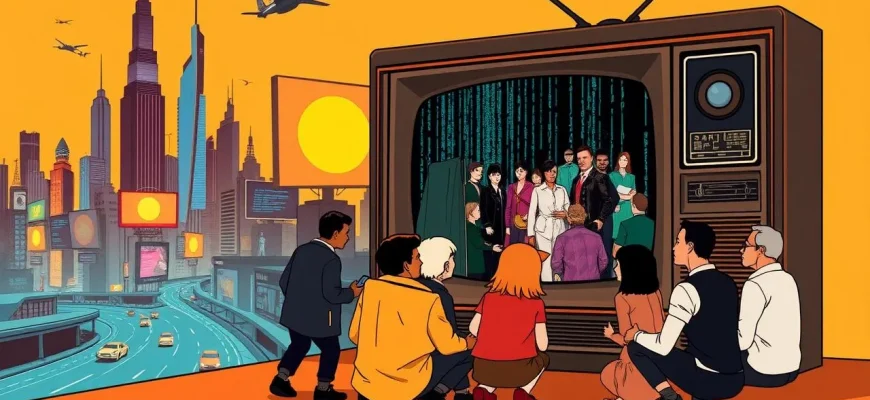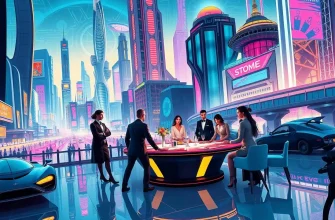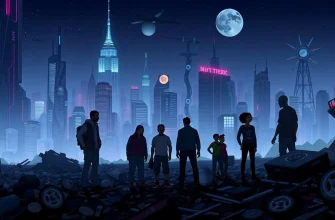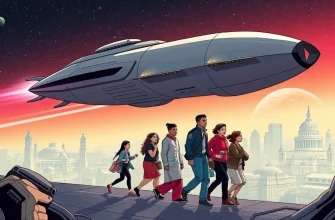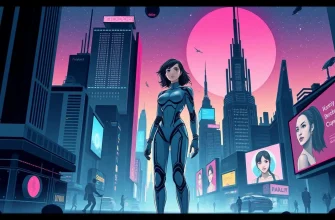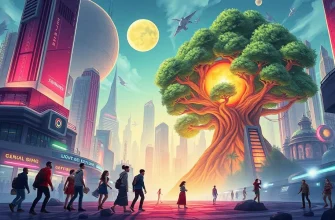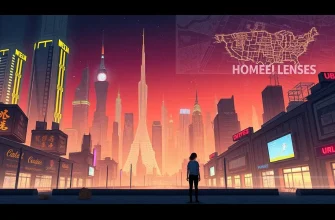Science fiction has long been a genre that not only entertains but also challenges us to think deeply about our world. This curated list of 10 films explores the theme of discrimination through the lens of futuristic settings, alien worlds, and advanced technologies. These films not only provide thrilling narratives but also provoke thought on real-world issues like racism, xenophobia, and social inequality, making them invaluable for anyone looking to understand these complex themes in a new light.
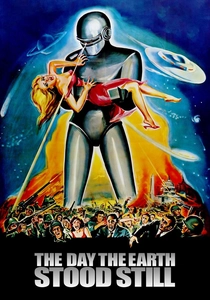
The Day the Earth Stood Still (1951)
Description: An alien arrives on Earth to deliver a message of peace, but is met with fear and hostility, highlighting humanity's tendency towards discrimination against the unknown.
Fact: The film was remade in 2008 with Keanu Reeves. The original was added to the National Film Registry for its cultural significance.
 Watch Now
Watch Now
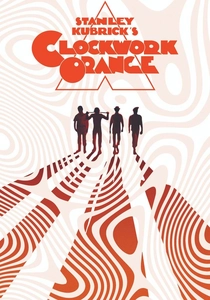
A Clockwork Orange (1971)
Description: While not strictly sci-fi, this dystopian film explores themes of state control and the discrimination against those who don't conform to societal norms.
Fact: Stanley Kubrick withdrew the film from UK cinemas due to copycat violence. It was re-released after his death.
 Watch Now
Watch Now
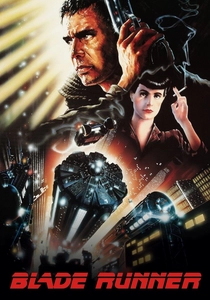
Blade Runner (1982)
Description: This neo-noir sci-fi film delves into the ethics of creating artificial life and the discrimination against replicants, who are treated as lesser beings despite their human-like qualities.
Fact: The film's director, Ridley Scott, initially disowned the theatrical cut but later released a director's cut. It's based on Philip K. Dick's novel "Do Androids Dream of Electric Sheep?"
 Watch Now
Watch Now

Gattaca (1997)
Description: Set in a future where genetic engineering determines one's social status, this film examines genetic discrimination and the struggle for personal identity.
Fact: The film's title is composed of the letters G, A, T, and C, which are the four nucleobases of DNA. It was shot in 55 days.
 Watch Now
Watch Now

The Matrix (1999)
Description: While primarily known for its action, 'The Matrix' subtly explores themes of discrimination through the concept of humans being enslaved by machines, reflecting on freedom and identity.
Fact: The film's "bullet time" effect revolutionized action sequences in cinema. It won four Academy Awards for technical achievements.
 Watch Now
Watch Now
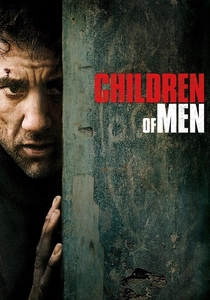
Children of Men (2006)
Description: In a world where humans can no longer procreate, this film explores themes of hope, despair, and discrimination against immigrants seeking refuge.
Fact: The film features several long, uninterrupted takes, including a 6-minute shot during a battle scene. It was nominated for three Academy Awards.
 Watch Now
Watch Now
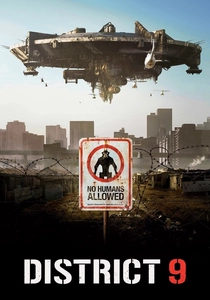
District 9 (2009)
Description: This film uses the metaphor of alien refugees to explore themes of xenophobia and segregation. Set in Johannesburg, it shows how humans treat the alien population with disdain and discrimination, mirroring real-world issues.
Fact: The film was shot in a documentary style to enhance its realism. It was also nominated for Best Picture at the Academy Awards.
 Watch Now
Watch Now

Elysium (2013)
Description: In a future where the rich live on a luxurious space station and the poor are left on a ruined Earth, this film tackles class discrimination and the fight for equality.
Fact: The film's director, Neill Blomkamp, also directed 'District 9'. The space station Elysium was entirely CGI.
 Watch Now
Watch Now
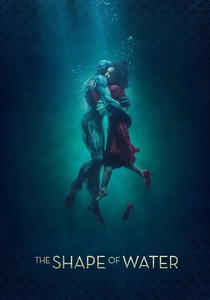
The Shape of Water (2017)
Description: This film tells the story of a mute woman who falls in love with an amphibious creature, exploring themes of otherness and discrimination against those who are different.
Fact: It won the Academy Award for Best Picture. The creature was designed by the same artist who worked on 'Pan's Labyrinth'.
 Watch Now
Watch Now
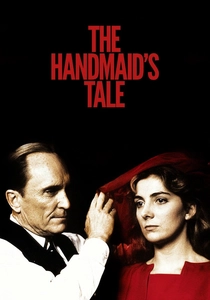
The Handmaid's Tale (1990)
Description: Based on Margaret Atwood's novel, this film depicts a dystopian society where fertile women are enslaved, highlighting gender discrimination and reproductive rights.
Fact: The film was overshadowed by the critically acclaimed TV series adaptation. It was one of the first films to explore these themes in depth.
 30 Days Free
30 Days Free

